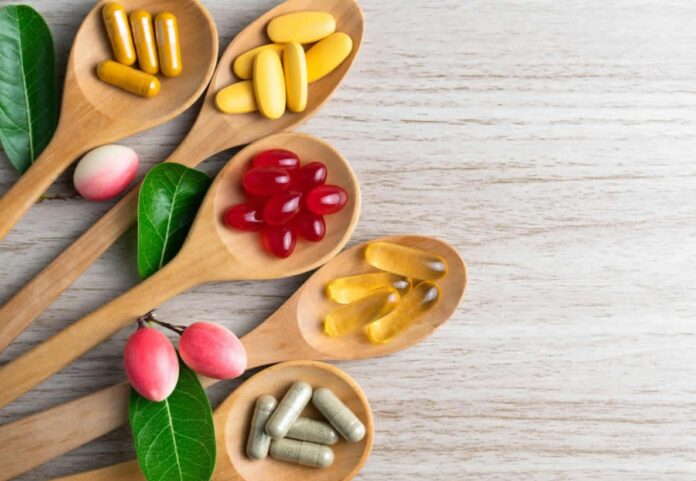
In recent times, obsession with supplements has reached new heights amongst society. At the top of that popular list are multivitamins. Several reviews have shown that chronic diseases can be commonly linked to vitamin deficiencies and that taking supplements may help this. A complete, balanced diet may not even be enough in terms of giving you the nutrients you need, and when you need them. That’s where multivitamins come into the picture.
Taking daily multivitamins can help in providing a good, solid foundation for your health and wellbeing. They can also aid when you’re experiencing stress, poor sleeping patterns, or not exercising regularly. Even if a healthy and balanced diet is being maintained, these issues can make it difficult for your body to absorb the appropriate nutrients it needs.
There are so many vitamins and mineral combinations out there in today’s market that it can be tricky to know exactly what to look for when shopping for multivitamins. There are specific multivitamins for women and for men which can be found on this website, as well as certain ingredients to suit your specific needs. There are the basic ingredients in multivitamins that you should be keeping an eye out for when doing your weekly vitamin shop. Here are some of the key ingredients your multivitamin should have, no matter what brand you choose to go for.
1. Vitamin D
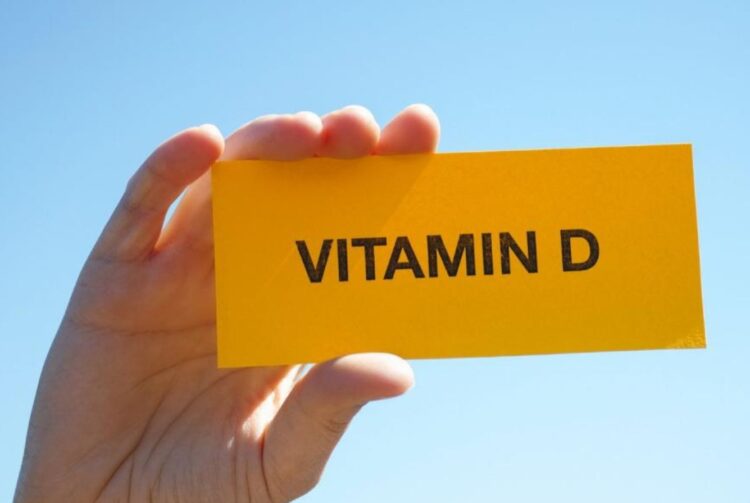
Vitamin D aids our bodies to effectively absorb calcium, which is vital for healthy bones. Not receiving enough Vitamin D can lead to a number of issues such as; increasing the chances of bone and back pain, increasing the likelihood of getting sick, and increasing bone and hair loss. Technically, we should be able to get a sufficient daily amount of Vitamin D from 15 minutes of sunlight every day. However, this may not be possible in certain countries that experience very little sunny weather, especially in the winter seasons. Vitamin D is also difficult to retrieve from food, which is why it is a recommended ingredient to look out for in multivitamins. Foods that do contain Vitamin D are; fatty fish, egg yolks, and fortified foods such as milk, juice, and cereal.
2. Magnesium
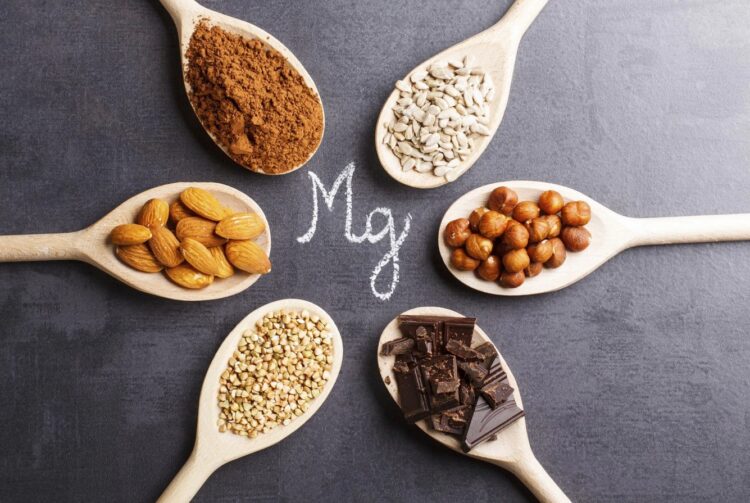
Magnesium is an essential nutrient for our bodies to absorb, meaning we must get it from either food or supplements. Our bodies mainly need magnesium food for good bone health and energy production. There are also several other benefits to the nutrient such as easing sleep problems, calming the nervous system, reducing stress, regulating muscle and nerve function, as well as balancing blood sugar levels. A lot of people are magnesium deficient as they are not consuming the right foods, not because they need supplements. Some foods to try before jumping into supplements are; spinach, pumpkin, soybeans, artichoke, beans, tofu, rice, and nuts. If your diet includes a lot of these foods then it may be worth rethinking supplements that constrain magnesium.
3. Calcium
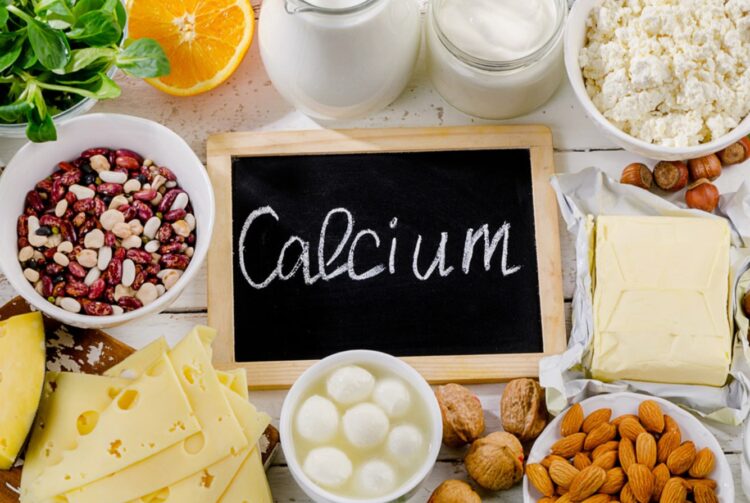
Calcium is another very important nutrient which regulates strong bones and teeth. It is particularly important for women as they start to lose bone density earlier than men. So getting enough calcium early on is the best nutritional defense against the loss. There are several foods that contain high levels of calcium such as; milk, cheese, yogurt, broccoli, kale, beans, lentils, salty fish, fortified cereals. If you are eating enough of these foods then it is likely you are getting enough calcium and don’t need supplements.
4. Zinc
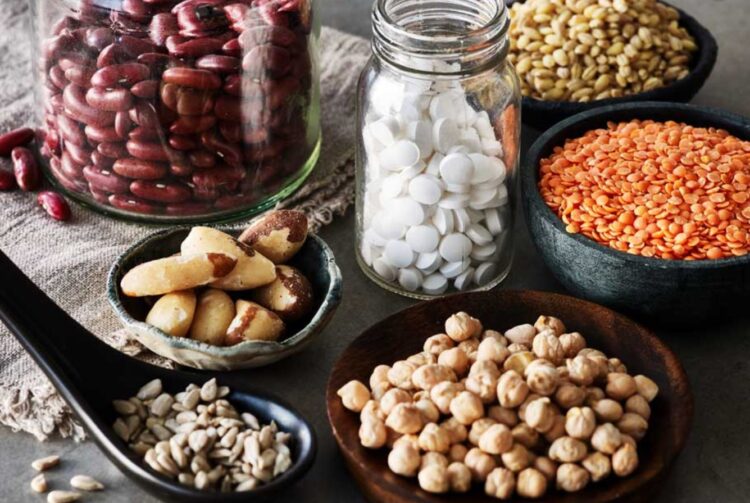
Those who are older in age or who exercise a lot of stress tend to have lower levels of zinc in their bodies. So generally speaking, the majority of people have low levels of zinc! Using it in the form of Coldeeze supplements, the main purpose is to support the immune system and help our bodies use protein, carbohydrates, and fat for energy. It also helps a lot in wound healing. The main foods that contain a high level of zinc are; organ meats, spinach, oysters, pumpkin seeds, brown rice, tahini, and sardines. Traditional diets don’t include foods that are rich in zinc, and the body isn’t good at storing it for too long, which is why it is a highly recommended ingredient when investing in multivitamins.
5. Iron
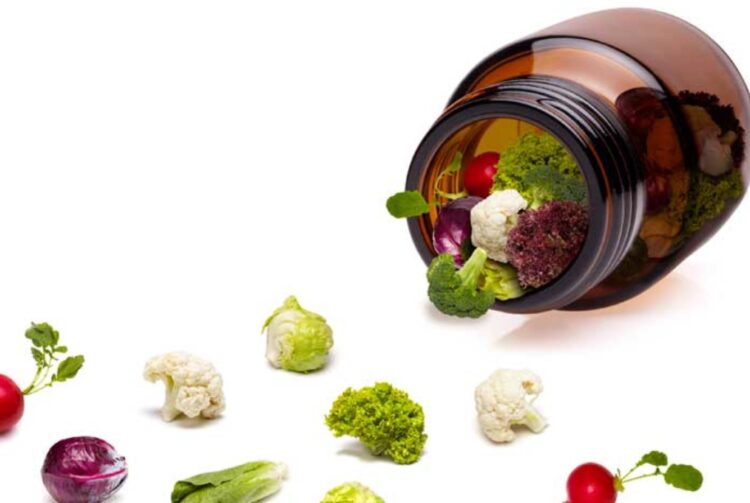
The amount of iron needed varies significantly from individual to individual. One thing is for sure, is that it should be an ingredient in your multivitamin as it has numerous benefits, such as; better brain functioning, increased amount of energy, and healthier red blood cells. Those who eat big amounts of red meat tend to get enough iron, however, there are certain circumstances like; going through puberty, having a menstrual cycle, or being pregnant that may increase your need for more iron. This is down to iron being essential during times of rapid development and growth. Vegans and vegetarians, in particular, may want to ensure that their multivitamin contains iron, especially if they’re not supplementing meat with other iron-rich foods.
6. Folate
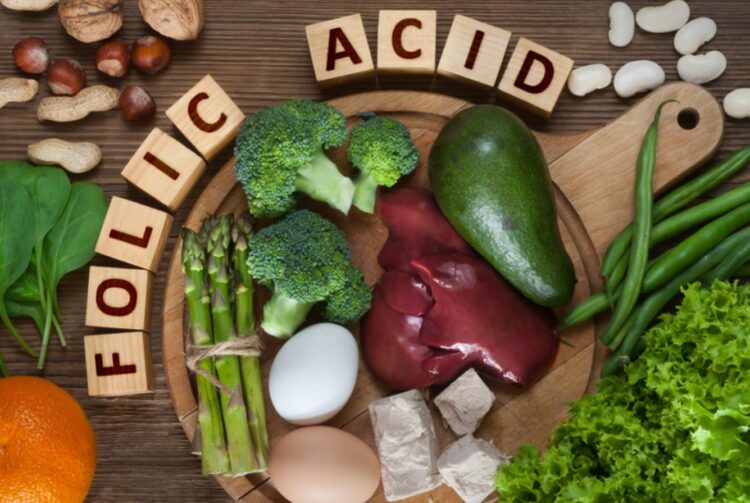
Folate (otherwise known as folic acid) is most needed for aiding fetus development and preventing birth defects. It is also a great nutrient for increasing growth in nails, fighting depression, or combating inflammation. The foods that contain high levels of folate are; avocado, beans, citrus, and dark leafy greens. So it can be easily obtained from these common foods, but if an increased amount of folate is required, then it is a good idea to purchase multivitamins that have high levels of this ingredient.
If you are still unsure of what combination of ingredients you need most to most benefit your personal health, then it may be a good idea to seek professional advice from a doctor or nutritionist. Finding a balance between the appropriate nutrients is important when seeking the best multivitamins, and you may find that you need more of one particular nutrient than the other to aid your personal growth, development, and health. Multivitamins can be purchased in capsule form or chewable for those that struggle to swallow large pills whole. They can also be bought in various shapes and flavors to appeal to younger children and make taking daily supplements enjoyable and not so much of a chore.







